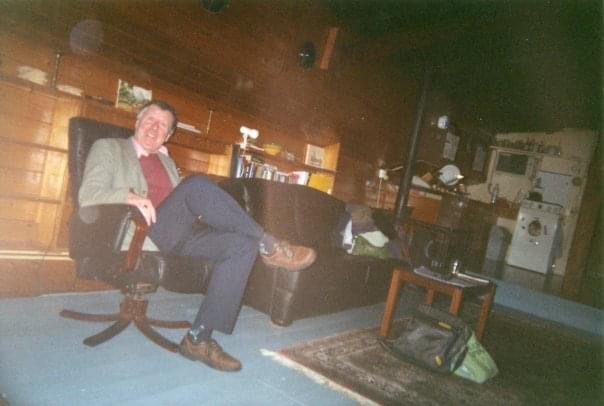https://www.youtube.com/watch?v=sgE9ltf_Az4
‘Never forget that you are a Birtley Belgian.’
(Ida ‘Anderland’ Dergent)
This is the story of the Birtley Belgians,
the shellers from hell,
the wandering men
and the women they wed.
You can say goodbye to your friends.
These are the remnants of Elisabethville,
the shattered relics of battered soldiers,
the shards of savagery,
the empty shells of discarded folk.
This is what’s left of the carnage,
the last of the war effort,
the smiles of the children
and the severed limbs.
This is the story of the Birtley Belgians.
From Flanders and Wallonia they came
leaving beloved roots behind
to do their bit for the ritual slaughter,
to bring up well their sons and daughters
to dance and sing
under the hails of bullets.
Fishing for sunshine in the Ijzer brook,
kicking stones on the Rue de Charleroi,
the Birtley Belgians
planted their seed on Durham ground
and made do
and made explosive dreams.
What more can we tell?
‘Home is made for coming from,
for dreams of going to
which with any luck
will never come true.’
Sweating in uniform
on assembly lines,
pulverising their brains
to keep the powers that be in power,
they were strong
and at the same time weak
and screamed and cried
like anyone.
This is the story of the Birtley Belgians.
They’re gone now,
blown to dust
in the festering fields,
memories strewn over the way
to fertilise another day
with the same weary mistakes
and thrusts of love.
I can see the boys in the Villa de Bruges
slaking their frustrated fantasies
to drown the horror
and the girls
seductive behind the huts
in between
the grind of daily production.
Let me take you
up the Boulevard Queen Mary,
along the Rue de Louvain,
knock on the door of number D2
and blood will pour
and the ground will open up,
‘mud will take you prisoner’
and devour all those years.
This is the story of the Birtley Belgians.
You can hear their singing on the North Sea wind,
hear them in Chester le Street and Liege,
the brass band and orchestra
drowning out the distant pounding.
In and out of trouble,
we will always dance.
An accordion wails across the little streets,
the Three Tuns welcomes the living.
And at the crack of dawn
and in the battlefields of evening clouds
we will remember them,
in the words of the Walloon poet Camille Fabry proclaim:
‘Our thoughts fly like arrows back to the land of our birth.’
This is the story of the loss of lives
for causes we scarcely understand
but for love and grandeur too
and for the little Belgian children
and the joyous games they play.
This is the story of the Birtley Belgians.
KEITH ARMSTRONG
The Birtley Belgians emigrated from Belgium to Birtley, County Durham during World War 1 to build an armaments factory and lived in their own specially created village.
| ||
What a good
job you've made of it! Like you, I find these nooks and crannies of
the 20th century totally fascinating. (John Mapplebeck, Bewick Films).
http://www.therecusant.org.uk/#/keith-armstrong-new-poem/4594395442
http://www.therecusant.org.uk/#/keith-armstrong-new-poem/4594395442








